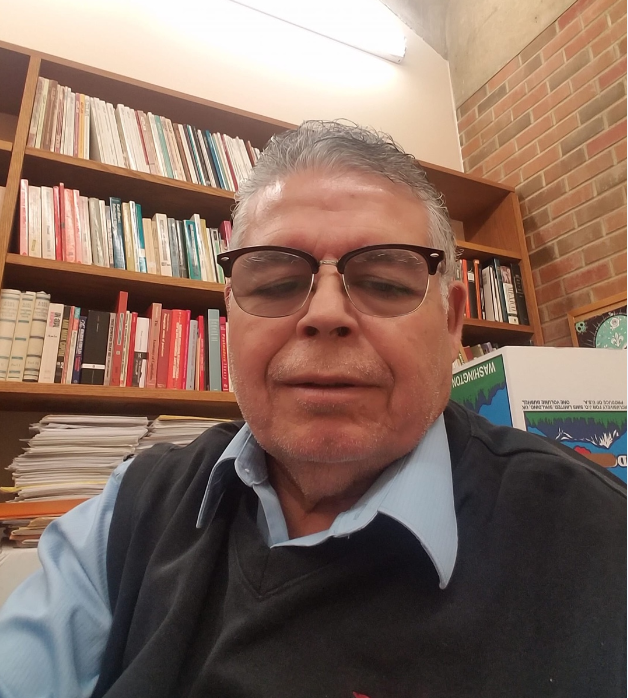Time: 11:00 -11: 50
Belonging & Othering: Transforming the DREAMer Narrative (For Students, K-12 Educators & Staff)
Presenters: Luiz Ortega, Director & Founder, Storytellers for Change; Francisco Navarro, Co-Owner & Software Engineer at Lunarbyte
Room: PUB 317 (40 minutes & 10 minutes for Q&A)
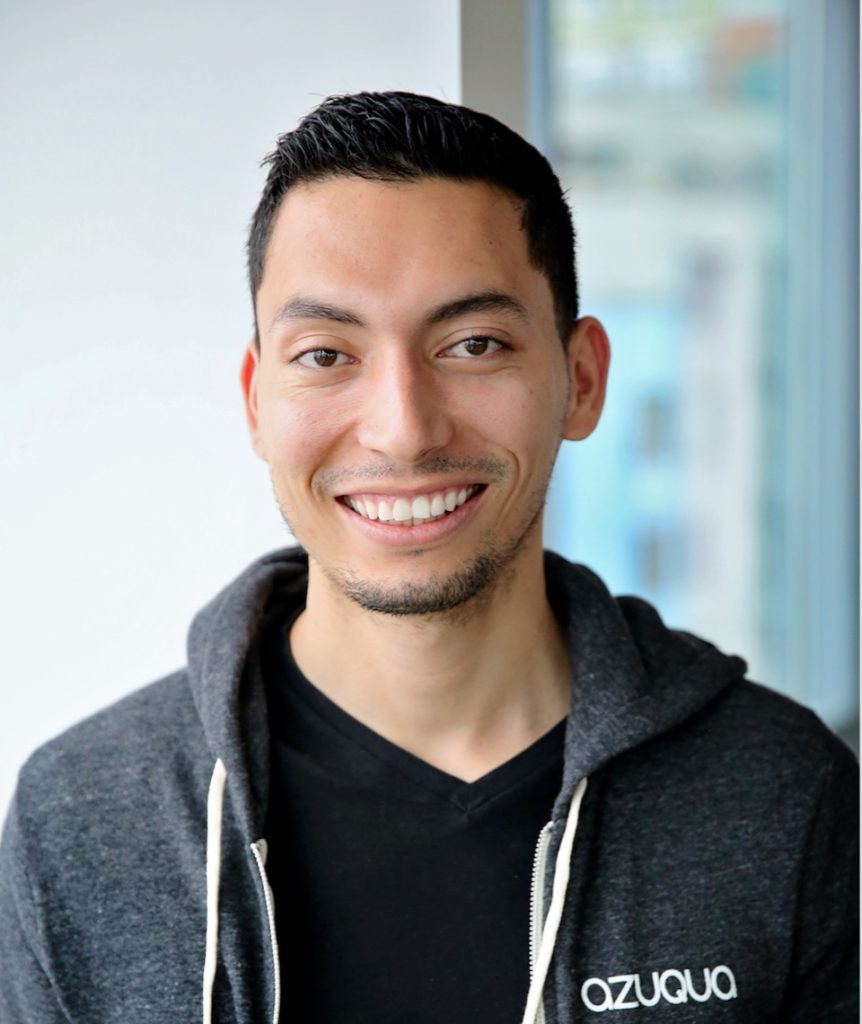
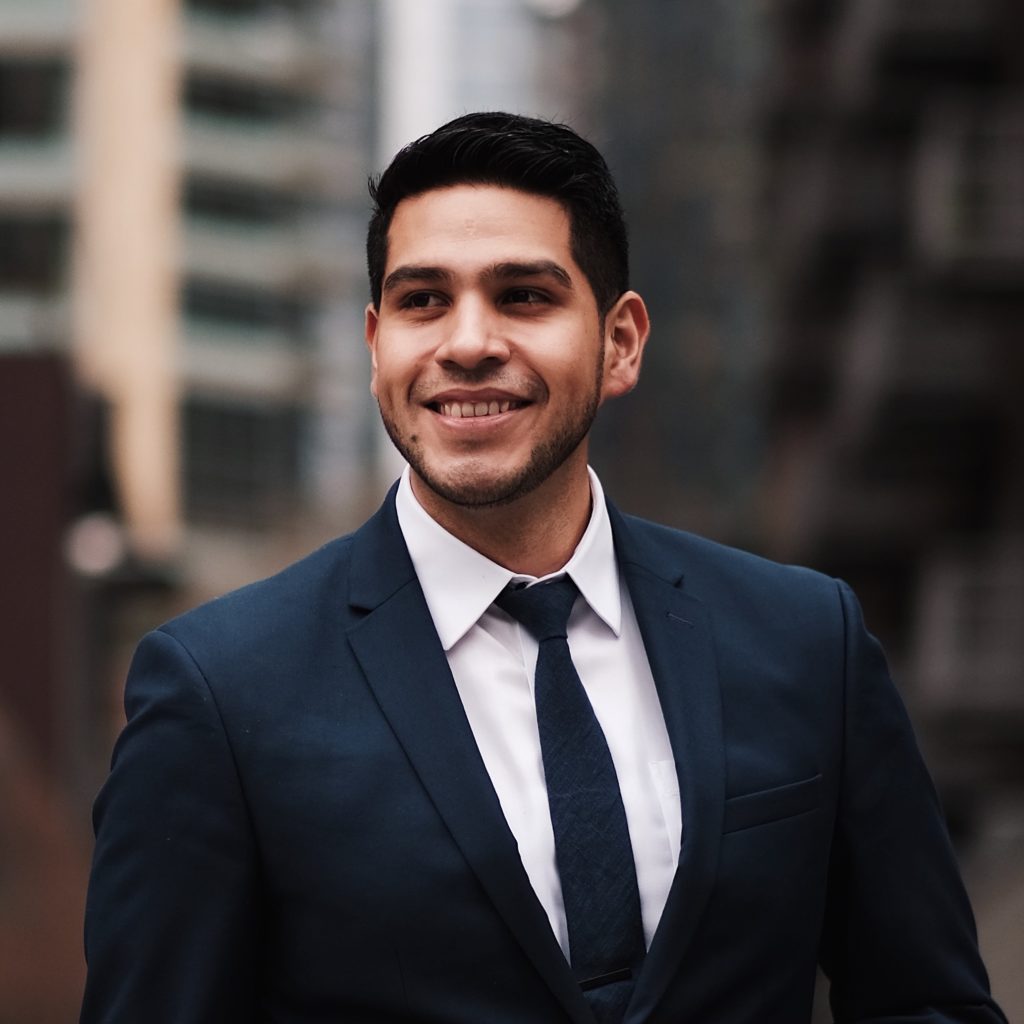
What are the stories your institution is telling about undocumented students, families, and communities? How are these stories impacting how you serve undocumented students? This session will explore why and how the DREAMer narrative has influenced public policy, shaped the empathetic capacity of institutions, and guided the development of programs and resources for undocumented students. While well intentioned, the story of the “successful DREAMer” can perpetuate othering, excludes families and communities, and limits the ability of K-12 and higher education institutions to equitably serve this student population. Through participatory methods, a Targeted Universalism framework, and experiential learning, the session will provide participants with a space to explore their own stories, develop storyteller mindsets, and co-create inclusive and equitable narratives.
After this session, participants will be able to:
- Understand why and how to transform the DREAMer narrative to be inclusive of all undocumented people.
- Understand why and how a Targeted Universalism approach can bridge divides and promote inclusion, equity, and belonging.
Building Bridges to Justice: How Multi-lingual and Multi-cultural Employees in an Immigration Law Firm help clients navigate the law (For Students, and Administrators)
Presenter: Mr. Gregory Cunningham, Immigration Director, Quiroga Law Office PLLC; Leonel Serrano Delgado, BA, Paralegal
Room: PAT 328 (40 minutes & 10 minutes for Q&A)
As communities become more culturally and linguistically diverse, individuals who act as bridges between cultures are essential to an organization’s success. This is especially true with law, immigration law in particular because by definition an immigration law firm’s clients are immigrants. This session will address issues that clients bring with them to discuss their immigration matters and the importance of being able to deal with them in a culturally-sensitive way that builds understanding and trust. This session will include the personal experience of one team member who acts as an effective bridge between clients and the law.
After this session, participants will be able to:
- Understand the importance of multi-lingual and multi-cultural ability in an increasingly diverse society;
- Identify law, immigration law in particular, as being a field in which multi-bilingualism and multi-culturalism play a crucial role in clients’ success in legal matters;
- Identify the ways in which this is true; and
- Become aware of the legal profession in general as a career option in which students can make a huge, positive impact in the lives of others.
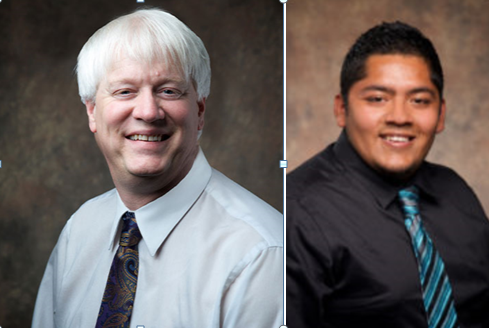
Creating a Seamless Camino towards College Success (For Community Members, Educators, Staff, and Students)
Presenter: Ricardo Chavez, MA, Walla Walla Community College at Coyote Ridge Corrections Center.
Room: PUB 319 (40 minutes and 10 minutes for Q&A)
This presentation will outline steps that will assist EWU to recruit, retain and successfully graduate Chicana/o students. The first step is exposing young students to university campus life and career opportunities as early as middle school and have them envision themselves as college students and graduates. Then, as they make the transition into high schools, students must be aided by professional educators and counselors that can assist them in graduating and transitioning into higher education institutions such as EWU. Furthermore, as students enrolled at EWU, the institution must be prepared to provide the services needed to help Latina/o students build the skills and provide the resources needed to persist and complete their educational goals and graduate in spite of difficulties. Finally, these graduates will become EWU Chicana/o Alumni and will build and succeed in their chosen career, graduate studies, and return to serve their communities and serve as role models.
After this session, participants will be able to:
- At the conclusion of this presentation, participants will be able to identify and recognize current EWU programs and strategies that will aid in fulfilling the goal of attaining Hispanic Serving Institution (HSI) status.
- Participants will focus on leveraging the available resources and harnessing ideas from attendees so that we can collectively identify best practices on how to serve this student population.
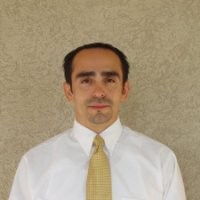
The Pitfalls and Challenges of Hispanic Serving Institution Initiatives: The Case of a Regional institution.
Room: PUB 323(40 minutes and 10 minutes for Q&A)
Presenter: Gilberto García, PhD; Center for Latino Latin American Studies, Central Washington University
This presentation examines the politics of Hispanic Serving Institution initiatives and its impact on the Latina/o/ex communities. While the initiative proposes the potential for an increase of resources in the outreach to serve the interests of the Latina/o/x community it has a negative impact in solving the short- term needs of the community. Consequently, any demands or criticism for the solution of public policy concerns affecting students, faculty, and other administrative actors are pressured into collusion and cooperation with the white institutions. This is one of the pitfalls of the Hispanic Serving Institution initiative. Thus, the challenge for Latina/o/x actors in the university setting is to pressure the university administrators to respond to the current needs of the students, faculty, and the larger Latina/o/x community. The challenge of the community is to question the white administration’s commitment to the fulfillment of the needs of the Latina/o/x students, faculty, and staff. This case of a regional institution in Washington State provides some insights on the politics of the administration and the relationship of the university with the Latina/o/x community.
After this session, participants will be able to:
- The presentation will identify the problems and challenges associated with white administrators and the politics of HSIs.
- The presentation will offer some insights and alternatives in the politics of HSI in white universities.
